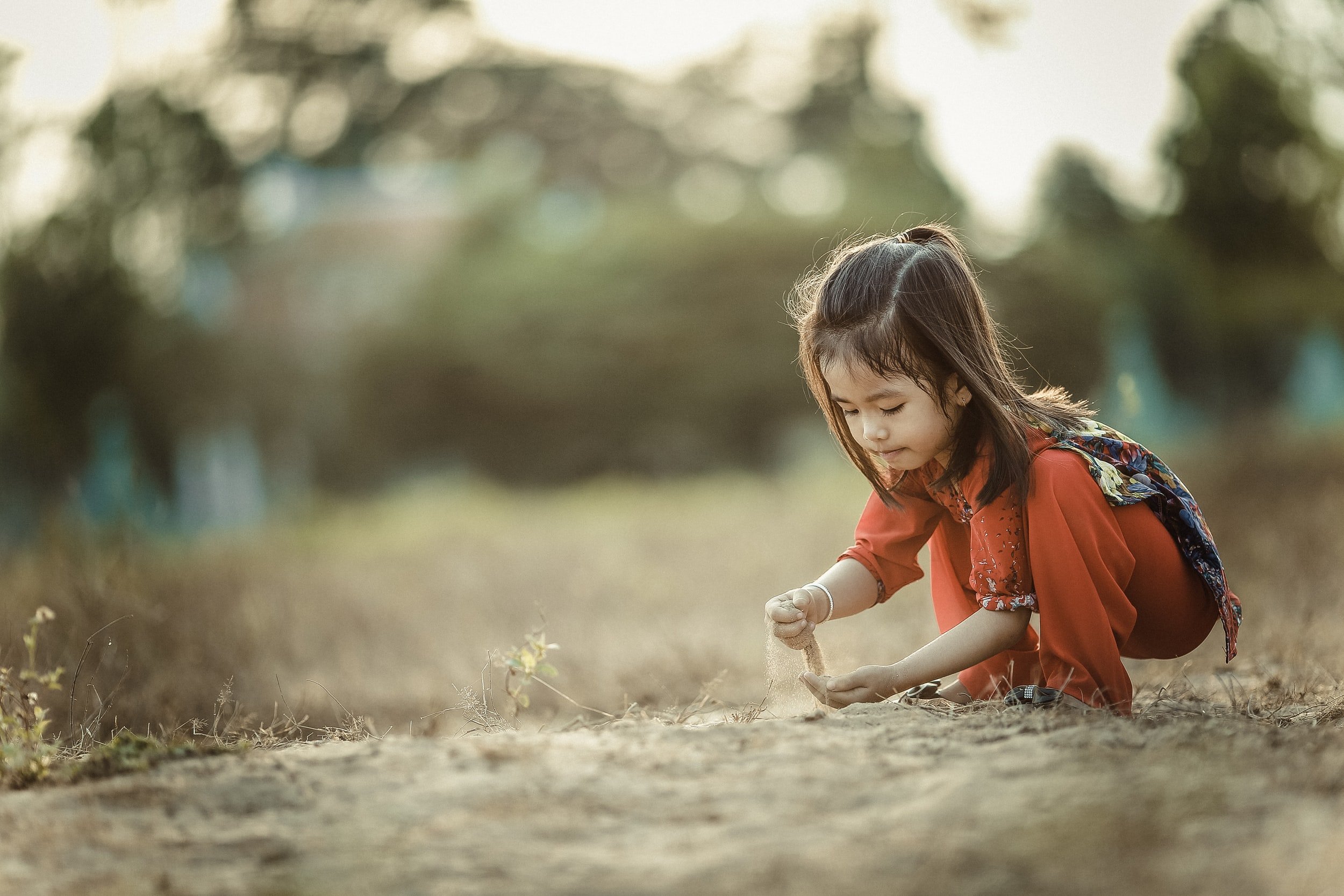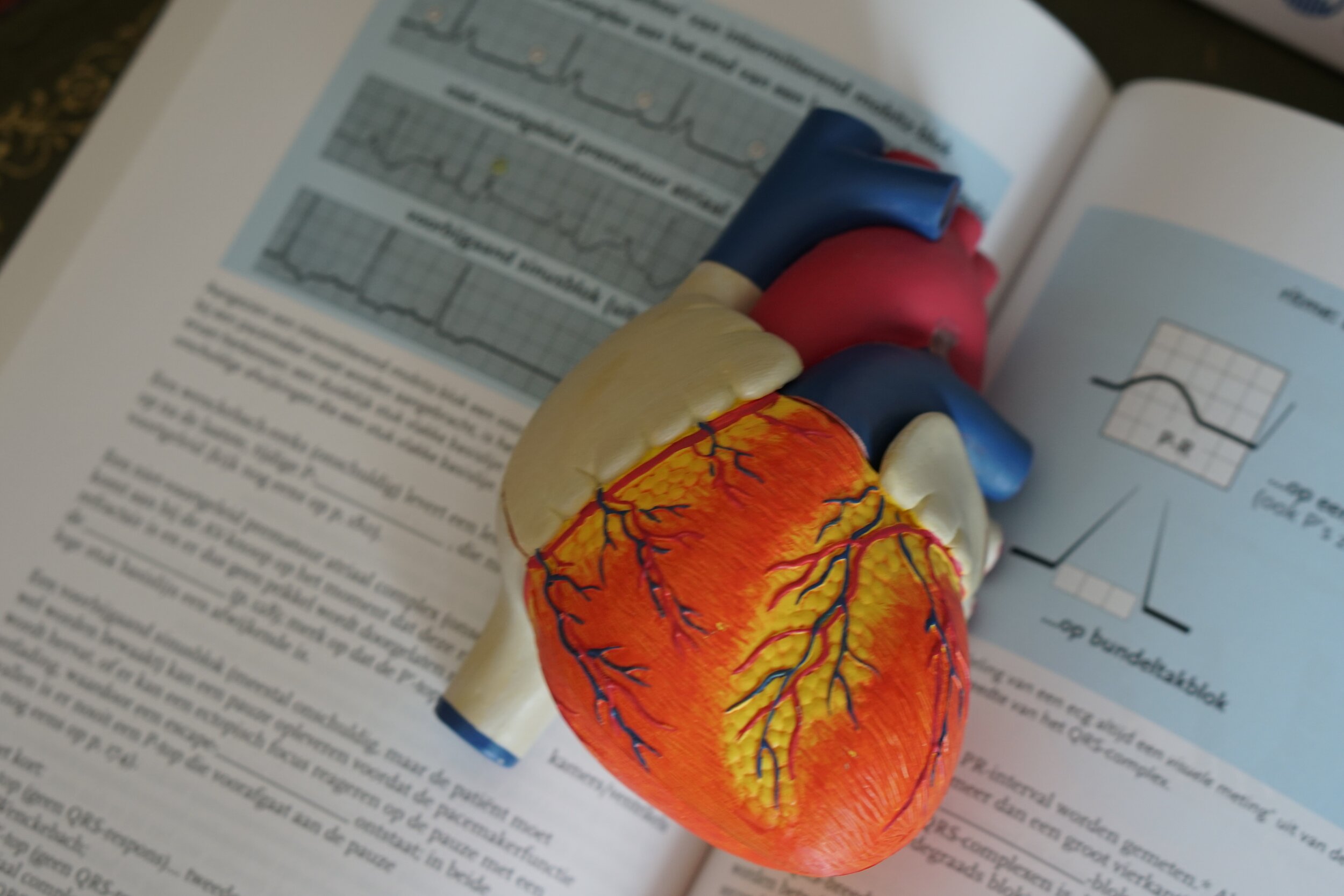
The Impact of Attachment and Early Childhood Trauma
Early Childhood Relationships
Our development starts from the moment we are conceived. Development is impacted by many factors: health, environment, genetics, community, the economy, different stages throughout the lifespan, etc. Throughout our lives, the role of our parents, family members, caretakers impact the way we see the world and how we start to form who we are in it.
The Impact of Safe and Nurturing Relationships
Our early attachments significantly impact our relationships with people for the rest of our lives. These attachments lay the foundation for whether we feel connected to those we care about or feel disconnected. Those who experience warm, nurturing childhoods can often more easily form stable and secure attachments with those around them. They are more likely in adulthood to have long-lasting loving relationships and connect easily to those they care about and feel loved.
Unstable Relationships and Early Childhood Trauma
On the other hand, in situations where childhood trauma occurs, it is more likely that relationships with others are perceived to be unpredictable. Relationships might not feel secure if caregivers or parents were unreliable in meeting our needs. When caregiving is inconsistent, it causes a lot of stress for the child. Throughout childhood, we rely on our adult caregivers to meet our needs because we cannot meet them ourselves. When those needs aren’t satisfied, it causes problems for the child’s emotional well-being that can last a lifetime if not addressed.
Nervous System Regulation is Impacted
When a secure attachment is not formed, the nervous system becomes dysregulated. The ability to self-soothe and trust others for warmth and affection is often altered. The body remembers it needs to be extra careful and aware of situations to ensure safety and security. The nervous system creates defense mechanisms to protect us to prevent others from harming us. In the case of trauma, the nervous system is taking notes and scanning environments for safety and security. When it finds a potentially harmful situation, it stores it in the body. When conditions later in life mimic the dynamics of this perceived threat, the person becomes suspicious as the nervous system turns on and begins to manage the “threat.”
Sometimes emotional memories occur in safe situations, making it difficult for them to trust themselves and their instincts. In other situations, toxic relationships are repeated in adulthood because it feels safe and predictable based on their experience. This is often the case with emotionally abused children or who had parents who were cold and un-nurturing. The pattern is repeated throughout the lifespan in different types of relationships. This creates many layers of trauma that are hard to peel back and begin to heal because they are so ingrained in the memory and the nervous system’s response to situations.
Impact of Relationships with Others
It is common for those who have experienced early childhood trauma to struggle in social relationships. Relationships with family members, at school with other students, with their partners, friends, children, authority figures, community members, strangers, police officers, etc. Early childhood trauma does not just impact relationships in childhood. It affects nearly all the relationships in life. The nervous system does not distinguish between different types of relationships. It is only focused on increasing safety. So a healthy, loving relationship can also trigger nervous system dysregulation.
Early Attachment Impacts the Relationship with Self
It is often difficult for people who have experienced attachment wounds to form healthy relationships with themselves. People who have experienced childhood trauma often struggle with negative beliefs that cause feelings of unworthiness or inadequacy that lead to low self-esteem. Depression and increased anxiety are common and increase other mental health symptoms. Additionally, if caregiving was not consistent, it is very common that children were not taught basic life skills and learned from what was modeled in the environment.
However, the good news is that the body is resilient and can change how it responds to situations. Trauma therapy can help create a healthy relationship with yourself and gain skills to manage trauma responses. Trauma therapy can help you process memories and attachment styles and be intentional about the relationships you want to create for yourself. It can help you increase feelings of safety and security and be helpful for intentionally working on building healthy relationships. Just as healthy, stable relationships are needed in childhood, secure attachments in adulthood improve safety and security.
Recent Blogs

Are you struggling with getting out of shutdown mode and sick of googling solutions?
Get the Calm in 5 Guide so you can feel better and get back to living your life.










